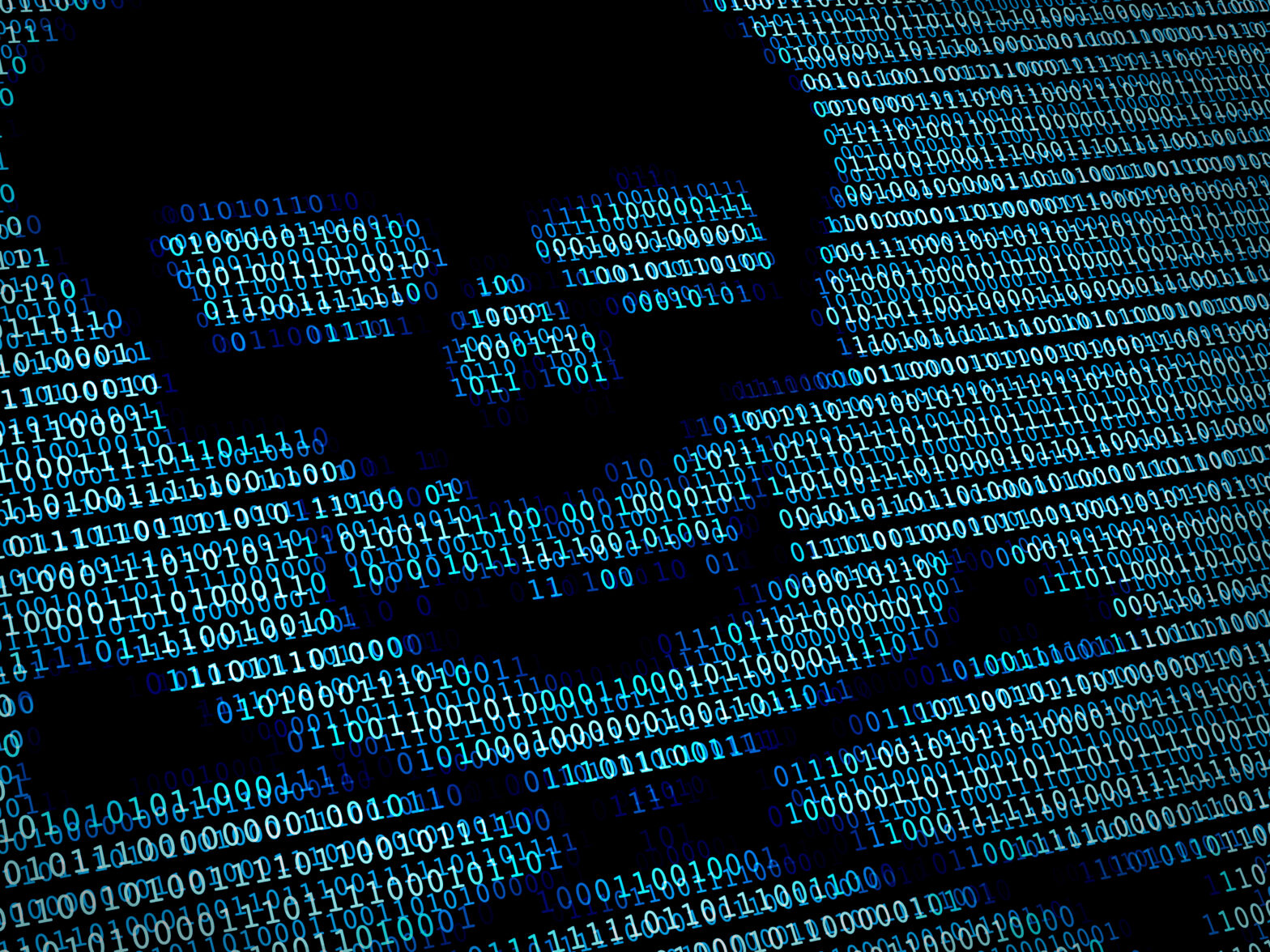With cyber criminals costing the global economy £345 billion last year alone, Digital threat management firm RiskIQ has examined the growing volume of malicious activity on the Internet to reveal the inaugural ‘evil internet minute’.
In a single evil internet minute, close to £656,393 is lost to cybercrime and 1,080 people fall victim. Despite businesses’ best efforts to guard against external cyber threats, spending up to £109,942 in 60 seconds, bad actors continue to proliferate online.
>See also: Beware of the rise of malvertising
Colin Verrall, VP EMEA, RiskIQ, commenting on this, said “the Internet and its community continues to grow at pace, some people have been trying to make the vast numbers associated with it more accessible by framing them in the context of an ‘Internet Minute’. As the same growth applies to cybercrime, similarly, we have framed malicious Internet activity, leveraging the latest research as well as our own intelligence to define the darker happenings across the web in 60 seconds.”
The threats are complex with tactics ranging from malware to phishing, and intentions including monetary gain, inflicting large scale reputational damage or perhaps even to entertain. Cyber criminals continue to find success deploying tactics from 818 pieces of unique malware, 1214 ransomware attacks and over 100,000 phishing emails in just one evil internet minute.
RiskIQ’s research has also uncovered additional malicious activity, ranging from blacklisted mobile apps to malvertising:
• New blacklisted mobile apps: 0.3 per minute.
• New phishing pages: 100 per minute.
• Malvertising: 14.5 incidents per minute.
• Pirate content: 4,300 people globally exposed to malware from content theft sites per minute.
>See also: Severe: the security risk to UK mobile app users
Verrall concluded that “Sophisticated cyber criminals continue to expand their digital armoury, lurking behind more online activity than we might expect. Websites, emails, mobile apps, online videos or even digital advertisements; all have become regular methods of entry for malicious online activity. The digital footprint of a business is always larger than perceived and with such happenings, control is often relinquished. It is crucial then for organisations to be aware of their entire digital footprint and make it a priority to close any critical security gaps. It is only way to adequately secure a business, its employees and customers.”










